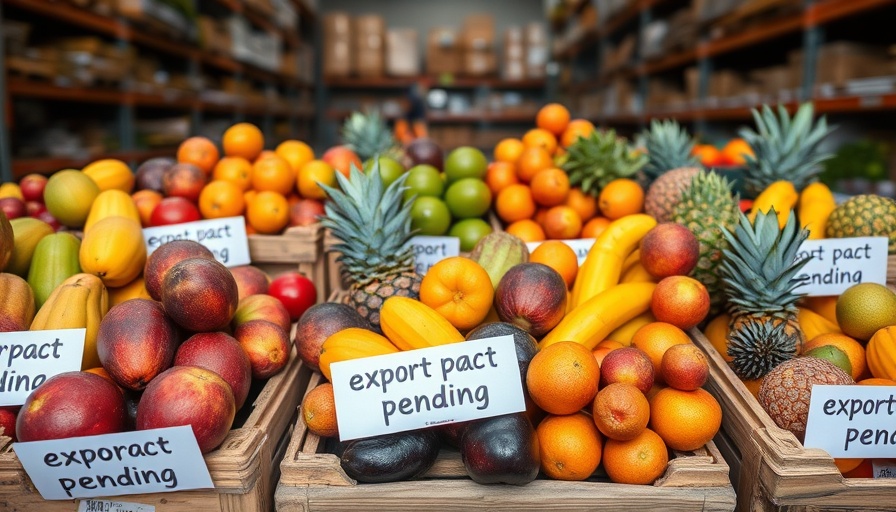
Mauritius on the Brink of a Digital Revolution
The visit of Simone Dore, CEO and CTO of Nexim, to Mauritius has sparked conversations about the potential for the island to become a global hub for digital sports and technological innovation. As the world witnesses the thrilling aftermath of the Kings League World Cup 2025, this exploration takes on critical significance. Dore's dual role as an industry leader and a curious tourist suggests that Mauritius may be teetering on the edge of a digital renaissance.
Digital Sports: The Wave of the Future
Nexim has positioned itself at the forefront of transforming digital sports experiences. Recent trends suggest that audiences are no longer passive viewers; they crave interactive engagement, and Nexim's cutting-edge technology caters to this need. The Kings League, which captivated over 100 million unique viewers and impacted 3.5 billion connected devices, exemplifies the potential of digital sports. In light of these developments, Mauritius could leverage its geographical positioning—nestled between Africa, Asia, and Europe—to attract significant sporting events.
The Economic Ecosystem: An Entrepreneurial Paradise
In a recent interview, Dore emphasized Mauritius as an ideal sanctuary for entrepreneurs and technology startups. The island’s modern infrastructure, stable economy, and favorable taxation for tech-based companies create an environment ripe for innovation. This perspective aligns with broader trends where tech hubs around the globe thrive in regions that offer conducive ecosystems. As Mauritius cultivates its digital landscape, the time appears ripe for robust entrepreneurial initiatives.
The Technology-Investment Nexus
As technology continues to advance, countries vying for investment must establish the right conditions to attract discerning entrepreneurs and innovators. Dore's insights indicate that Mauritius is on this path, with an emphasis on integrating technology into sports, education, and business sectors. The global focus on sustainability and digital connectivity further reinforces the island's potential as a destination for technology-driven investments.
Challenges Ahead: Balancing Opportunity with Responsibility
While the allure of becoming a digital sports hub is enticing, challenges remain. The risks associated with rapid technological innovation—such as data privacy, cybersecurity, and social inequities—cannot be overlooked. Mauritius must navigate these issues carefully, ensuring policies are in place that prioritize the welfare of its citizens while embracing growth. This balance will be crucial for sustainable development in the long term.
The Global Perspective: Competition and Collaboration
As Mauritius embarks on this ambitious journey, it faces competition from other emerging digital hubs. The key to success may lie not only in attracting investments but also in fostering collaborations across borders. Shared knowledge and resources can drive collective progress, ensuring that players in the digital space work towards common goals rather than siloed interests. The future of Mauritius in the global landscape could depend heavily on its approach to international partnerships.
The Human Element: Stories Behind the Transformation
Every technological leap tends to impact individuals at a granular level. For residents of Mauritius, the shift towards becoming a tech hub may represent a transformative opportunity for employment, education, and improved living conditions. As these changes unfold, the stories of local entrepreneurs, skilled workers, and community leaders will shape the narrative of this evolving digital landscape. Engaging with the community will be pivotal in harnessing their input and addressing potential apprehensions regarding these new developments.
 Add Row
Add Row  Add
Add 




Write A Comment